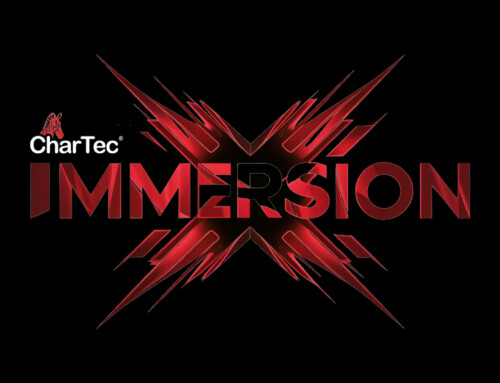The Importance of Service Desk Managers and Dispatchers
Efficiency is often the ingredient that separates the best MSPs from the ones that lag behind. When tickets flow smoothly through the help desk, client satisfaction soars – and this can be felt in your bottom line.
Dispatchers and service desk managers can make all the difference when it comes to streamlining service desk operations. While many people use these terms interchangeably, they are two very distinct roles. And yes, your MSP needs both of them to be successful.
Here is a look at what sets them apart and how they can drive your organization to greater efficiency.
What Does An MSP Service Desk Manager Do?
A service desk manager, as the name implies, is a management role. They are the figure behind the system the dispatcher runs and enforces. This individual is tasked with looking at the system itself and resolving complaints or poorly handled incidents. In addition to managing the dispatcher, the service desk manager oversees the system as a whole. They make sure everything is working for all parties involved.
What To Look For In An MSP Service Desk Manager
The ideal service desk manager will have experience managing a team of technical staff. You will want to put someone in this role who is analytical and enjoys coming up with new ways to improve systems. It is also important to choose a manager who is diplomatic and comfortable having difficult conversations with dissatisfied clients when necessary.
What Does an MSP Dispatcher Do?
A dispatcher is tasked with answering client calls and initiating the triage process. They will assign tickets to technicians, escalating them as necessary, and shuffle engineers’ schedules to ensure all tickets are addressed appropriately. This role also involves staying on top of the status of tickets and following up with staff and clients as necessary. As ARRC and CharTec Director of Operations Dan Martin points out, the dispatcher is typically the first point of contact for an upset customer. That means they are responsible for getting the right people to deal with the client’s issues at the right time.
The dispatcher is in charge of determining whether the client’s issue is an incident or a request. An incident is an unplanned loss of service or other problem that needs to be fixed right away, whereas a request involves adding or changing something and has far less urgency. The dispatcher will ensure that every ticket gets prioritized appropriately.
Dispatchers are in regular communication with technicians to find out how tasks are going and get clarification on the status of open tickets. After dispatch passes tickets to the engineers, their work is not done. Once the ticket is completed it will be closed. When a technician is stuck or needs to reschedule the ticket, the dispatcher will drive the process through until it reaches completion.
What To Look For In an MSP Dispatcher
The ideal dispatcher will be a detail-oriented and proactive person who is good at following procedures and works methodically. Because dispatchers often need to multitask, it is important to find someone capable of remaining focused in a quickly moving environment. Dispatchers do not need a high degree of technical knowledge, but they must be able to understand the systems your MSP uses.
How MSP Dispatchers Compare to MSP Service Desk Managers
HAs we’ve just established, dispatchers and service desk managers are two different roles. Sure, there are some overlapping objectives as these two individuals will work in conjunction with one another. Both service desk managers and dispatchers ensure tickets are assigned, completed, documented, and escalated as needed. The dispatcher is more of a detail-oriented role, while the service desk manager is more of a “big-picture” role.
However, there is one very important thing these roles have in common: both of them will help MSPs to scale. As more responsibilities are delegated to dispatchers and service desk managers, it alleviates the burden on executives and owners. It will also keep everyone else from feeling overwhelmed and overworked.
With a trusted team in place to handle tickets, and a solid workflow, you can focus on growing your business and having the peace of mind that comes from knowing your clients’ issues will be addressed swiftly and effectively.
A platform we recommend to help manage your tickets and workflow is ConnectWise. You can find it here







Leave A Comment